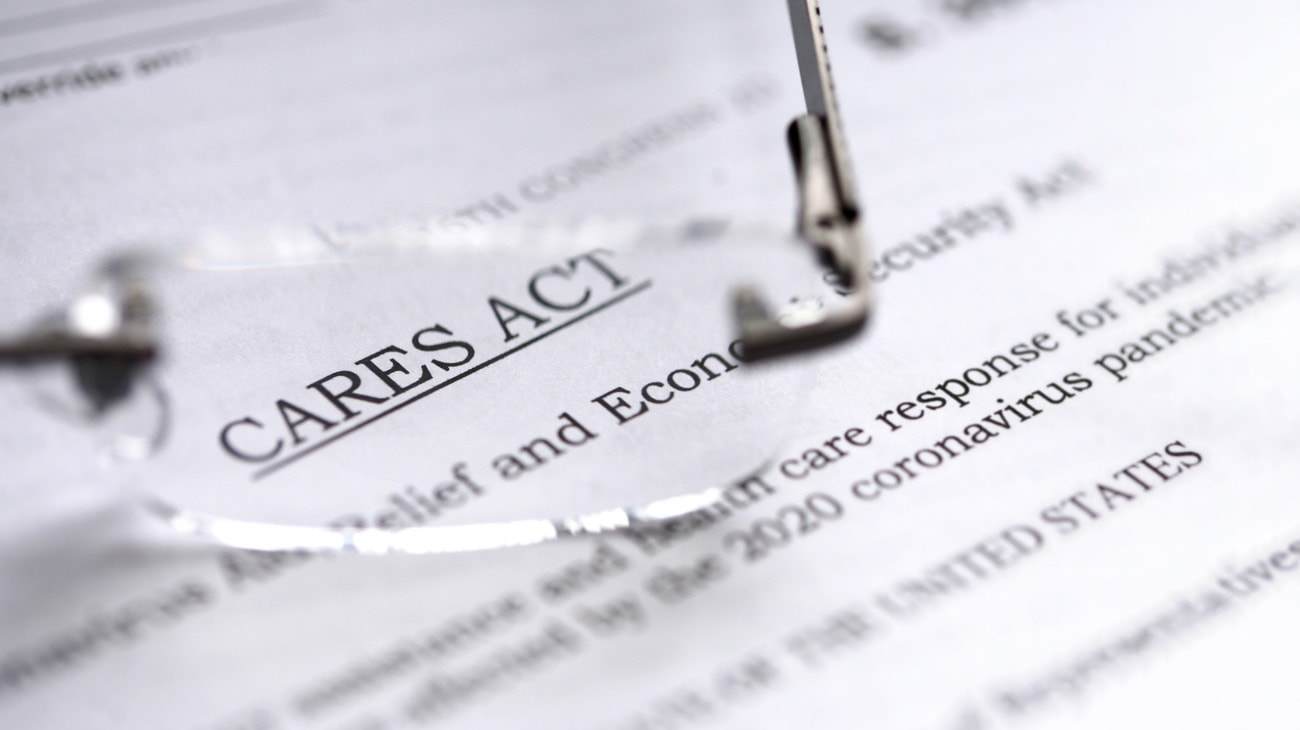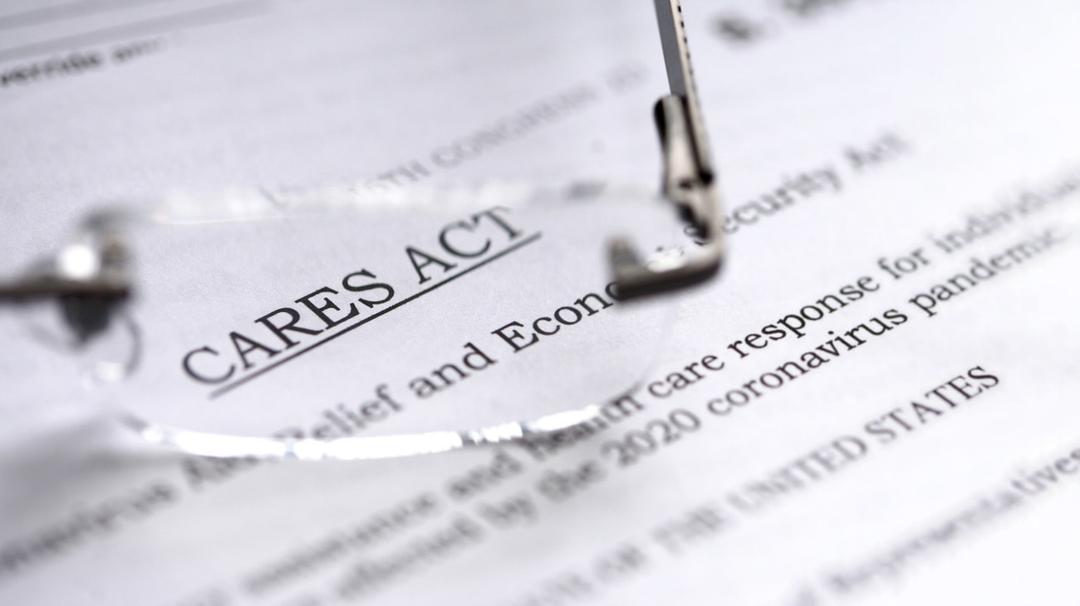
The CARES Act is intended to provide critical support to the many small businesses that form the core of our economy and employ so many individuals. This ambitious package includes so many different measures that it can be frustrating trying to determine what in the new coronavirus legislation is most important for you and your business.
The $2 trillion coronavirus relief package was signed into law on Friday, March 27, 2020. Since its passage, businesses across the United States have been rushing to understand the key provisions of the bill and do what they can to take advantage of the opportunity it represents.
The bill offers a variety of tax credits, adjusts the rules regarding paid sick leave, and so much more. Possibly the most important and impactful measures included in the CARES Act, however, are about providing loans and financing to small businesses in the midst of the global COVID-19 pandemic.
Paycheck Protection Program
One of the first measures to grab public attention has been the program offering paycheck protection loans to any business or non-profit with less than 500 employees. Your business most likely automatically qualifies for a loan if it meets the size requirement. The size of your loan is limited to 2.5 times your average monthly payroll costs added up for the last 12 months, with a maximum of $10 million. Individual salaries are capped at $100,000 for this calculation. Otherwise, payroll costs include all compensation, paid leave, and all other insurance or tax-related payments employers make for the employee. The interest rate will be no higher than 4 percent, and no collateral is required. All small businesses need to know as well that the loan will be forgivable under certain circumstances. Any of the loans used for payroll-related costs within eight weeks of receiving the loan can be fully forgiven, assuming that no employees have been let go, and everyone is paid normally. The bill sets aside $350 billion for these paycheck protection loans to be administered by the Small Business Administration. Private banks across the country will be doing the lending.Emergency Economic Injury Grant
Separate from the paycheck protection loans are SBA Economic Injury Disaster Loans: low-interest loans for less than $2 million to help cover business costs that would have been paid normally if it were not for the disaster. Many businesses had already filed for EIDLs in response to coronavirus concerns before this new legislation was passed. The CARES Act allows business owners to refinance their EIDLs into PPP loans. For business owners that don’t choose to refinance their EIDL or take out a PPP loan, Congress created a provision in the CARES Act for an Emergency Economic Injury Grant. This grant gets employers relief right away, with a $10,000 cash advance intended to arrive within days of requesting the loan. This grant, to be used for payroll and other emergency costs, will not need to be paid back, even if the EIDL request is ultimately turned down. If you also take out a PPP loan, however, then the grant will be taken out of the amount forgivable through the PPP.Small Business Debt Relief Program
The government is seeking to shore up small businesses and protect the economy by making money more easily available to businesses that need it. The goal is to help employers cover urgent payroll costs and other expenses they need to cover to stay afloat. For some businesses, however, those necessary costs include interest payments on other loans. If a business is already weighed down with debt, weathering the economic storm of COVID-19 could become an insurmountable challenge. This enormous aid package aims to help those small business owners set the debt aside so they can focus on disaster-related costs and keep their staff employed. The government promises to cover all fees and interest payments for non-disaster SBA loans for six months. This primarily affects 7(a), 504, and microloans through the Small Business Administration. This also applies to business owners and individuals who decide to apply for one of those loans within six months of the law being signed.Disaster Relief Now
This new legislation offers all kinds of options for businesses to take advantage of. While the future of the crisis may be unclear right now, you should be able to secure the money you need to protect your business through these challenging times. As the pandemic develops, Congress is certain to continue offering new ways of support for the businesses that hold up our economy. Consult with tax and accounting experts to ensure you are taking advantage of all of the new policies available to you and making the best possible decisions for the long-term life of your business.This post is to be used for informational purposes only and does not constitute legal, business, or tax advice. Each person should consult his or her own attorney, business advisor, or tax advisor with respect to matters referenced in this post. 1-800Accountant assumes no liability for actions taken in reliance upon the information contained herein.
